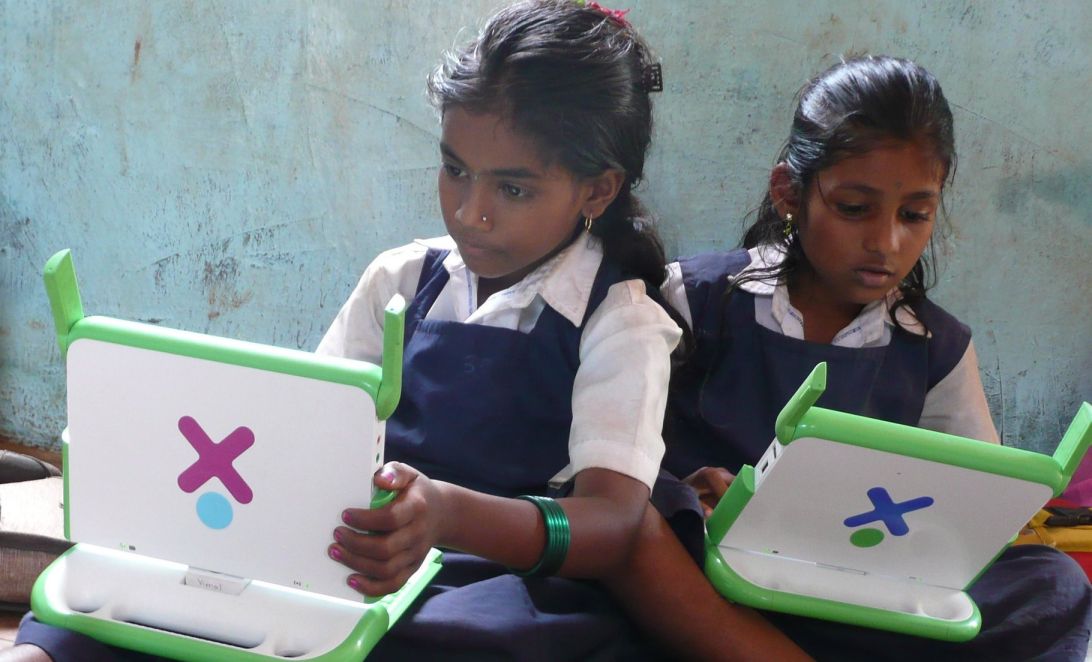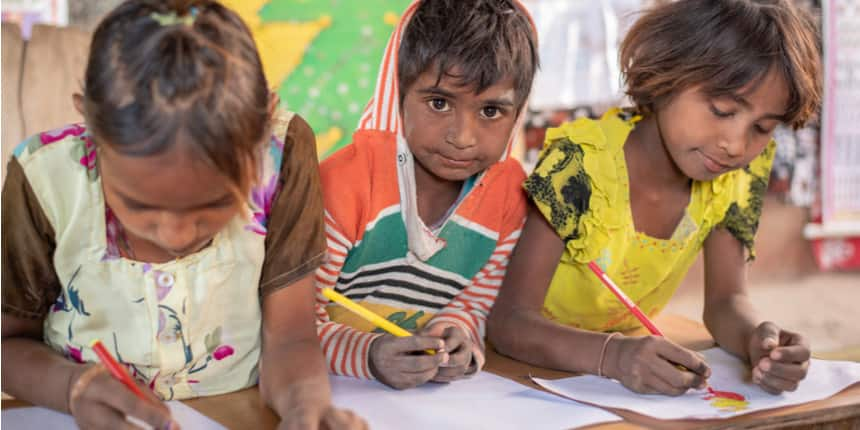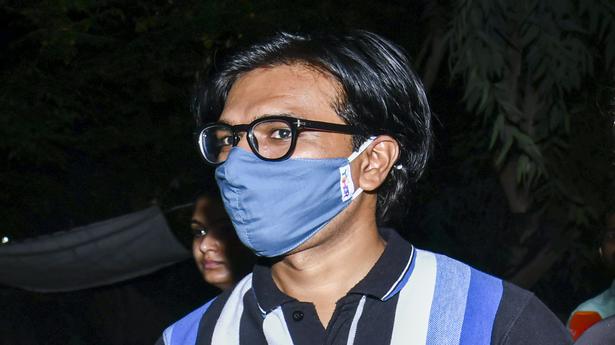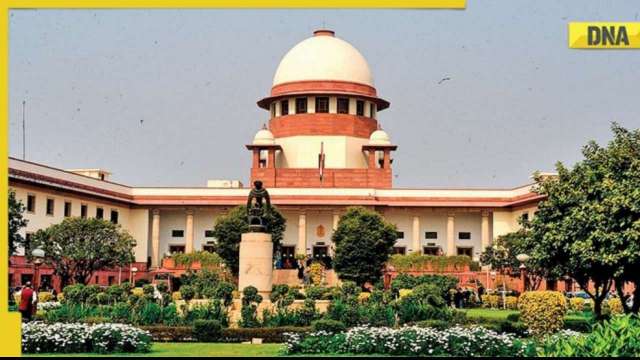
Last month, the government of Andhra Pradesh signed an MOU with the edtech giant BYJU's, to have their online courses integrated into the AP school system, as well as signing them on to develop curriculum for schools in the state.
State CM Jagan Mohan Reddy claims that the initiative is set to be an equaliser, as the content is already available to children from private schools and others who could afford it- only that it comes at a hefty pricetag of Rs 25,000 per year, something out of the reach of most. Now, it will be available to government school students for free. Further, the government also to give tabs so that digital experience and digital knowledge is available to the children,” he said.
It is not just Andhra. The former education minister of Maharashtra, before the fall of the Maha Vikas Aghadi, Adithya Thackarey had also signed an MOU with BYJU's for their state.
While on the one hand, as Mr. Reddy claims, this will bring digital devices and education to more people; on the other hand, there are other concerns.
The long period of school closures during the COVID pandemic saw the unchecked rise of online learning platforms such as BYJU's- more popularly called India's ed-tech companies. The problem is not something inherent in digital technology used for education, but rather when a commodified platform-app enters education as the government retreats from properly fulfilling their role in making better educational institutions and infrastructure.
Some articles also point out how these companies' marketing practices are trying to scare concerned parents by highlighting the gap that occurred during the pandemic years.
From a conference on the issues regarding right digitalisation, "Lack of alignment with the aims of education, attempts to bypass the teacher, lack of regulation of data collection and privacy, learnification, endangerment of teacher and student autonomy, manipulative algorithms that may push education towards “radical behaviourism”, ownership by big-tech, possibilities of techno-determinism driving education , are some of the key issues" that was pointed out regarding ed-techs replacing traditional teaching rather than aiding it.
Right now, there are no assessments or studies on how this new form of digitalisation in education can impact teaching and pedagogy. They are centralised and concentrated on multi-billion dollar big monopolies, without any government regulation. There is also zero clarity on the data collected by these apps, and who owns them.
As critics of the New Education Policy point out, ed-techs and pushing digital into education without due process cannot be a solution to everything plaguing India's education infrastructure.
DEF is partnering with IT for Change, Internet Freedom Foundation, All India Forum for Right to Education, Right to Education Forum and Bharath Krishak Samaj on 'right digitalization - where digitalization was going wrong and how to geet it right.' You can read more in the previous TypeRight here, and stay tuned for more from the program.
For continued updates on this, follow The National Coalition on the Education Emergency, a group of individuals and organisations that have come together to work on issues relating to the impact on the pandemic on school education in India. They have already written to the Government of Andhra Pradesh highlighting the concerns with their signing MOUs with big ed-tech.
In Other News
Last week, after prolonged campaigns, protests and litigation, fact checker and Alt-News Co-Founder Zubair has been released from prison.
Walking out of jail, Zubair mentioned how he would have used the time in prison to debunk the falls news against himself had he been given internet access there.
The amended bill that mandated a linking of Electoral IDs and Voter ID cards have been challenged in the supreme court. Read here to find out more on why the issue is contentious.
And some updates from the Facebook whistleblower story we had covered earlier on TypeRight:
An important Opinion piece from The Hindu on how technology in governance can sometimes be dehumanising in democracies:

Updates from DEF
First, some updates from our Smartpur Workshop
Some updates from the Gully Classes Foundation we had been working with in Mumbai:
From our Data Rights Workshop as part of the A-CODE project:
Don't forget to join us for the second series of CNX 2022, this 29th. Register in the link below.
From our Digi-Gyan Project in Haryana:
Until next week, we stay in solidarity with our journalists, fact-checkers and other defenders of democracy:
















 might be?](https://sk0.blr1.cdn.digitaloceanspaces.com/sites/1394/posts/714526/dbc8de4c-5c50-411f-aba0-55cfb74a692d.jpeg)















Write a comment ...